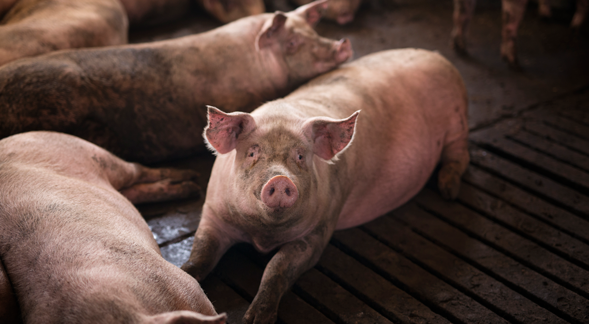
Image: Pixabay
This news couldn't come at a better time for U.S. pork producers. The deadly swine disease is infecting pigs in Haiti and the Dominican Republic, just several hundred miles from the U.S. coast. But the vaccine has a long way to go before the U.S. and other countries use it, according to Scott Dee, DVM, a researcher at Pipestone Veterinary Services, Pipestone, Minn. His research includes work on African swine fever. Pipestone ranks third on this year's list of swine powerhouses in Successful Farming's annual look at America's top producers.
{module Form RD}
“People think we have to get vaccinated, but there are a lot of warnings that go along with that,” he said. “First, [scientists] have been trying to make a vaccine for the African swine fever virus for decades,” Dee explained. “The virus is very large and this makes it difficult to determine which part of the virus is important for stimulating immunity.”
However, the vaccine only works against one strain, Dee highlighted. Its protection against other strains of ASF has not been proven. But the tension he works against is significant. Another conundrum: The United States is negative for African swine fever, and using an African swine fever vaccine would close the U.S. export market. Currently, no test can distinguish between an African swine fever vaccine and wild African swine fever virus.
By: Leonardo Gottems | agrolink












